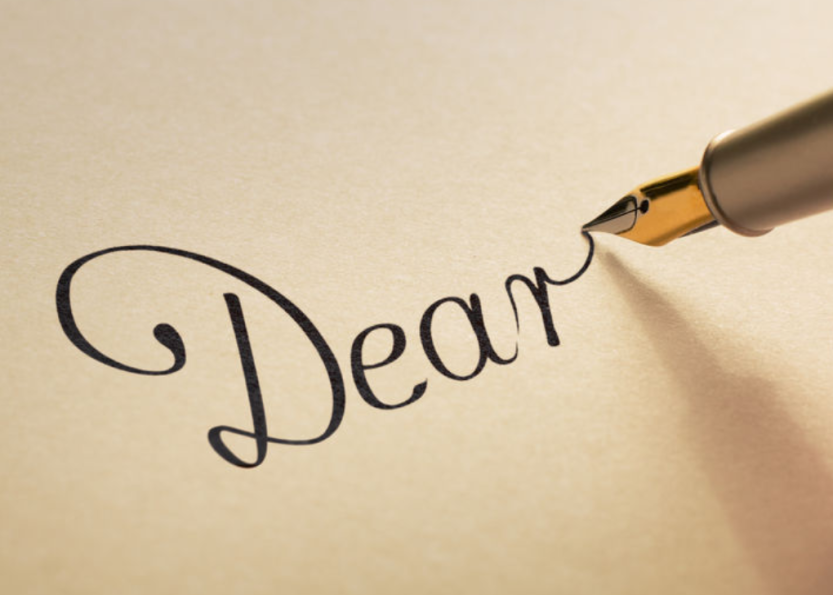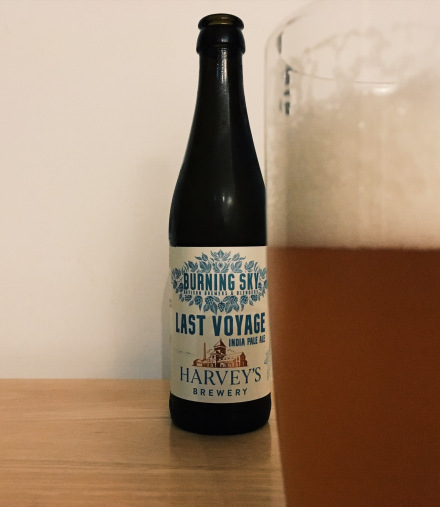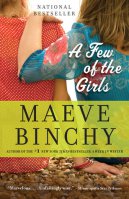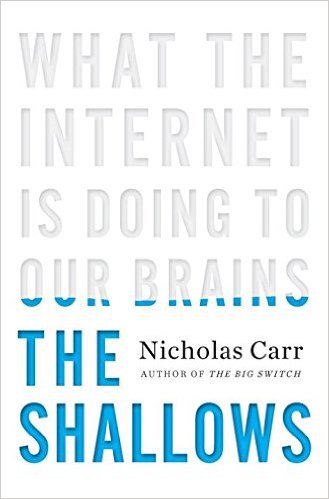Assuming you aren’t named Tiffany or McDonald, is it a good idea to sell widgets using your name as a trademark?
If you do, enforcing your rights is going to be hard. Kicking people out of their own names is a game for the big guys, but even if you have the resources of McDonalds Corporation and the fame of Tiffany & Co., it’s risky to tie a brand to a person. Just ask the people at The Weinstein Company, who are now considering a branding change in the wake of allegations of sexual harassment and abuse by Harvey Weinstein. Ditto Mario Batali.

Even using the name of a fictional character can be problematic due to changing social mores. For example, Quaker Oats® has had to update the image of Aunt Jemima® over the years. On the left is the Aunt Jemima trademark circa 1905. On the right, 1992.

Even with the update, the mark (word or image) is problematic and likely to become more so. Ditto Uncle Ben’s®.

Names and images are more likely to become dated. When was the last time you met someone named Manny or Moe? And look at these guys? Is this who you want to trust with your new hybrid car? Ditto Mr. Clean.®
Every trademark has unforeseeable risks. No one could have predicted that sales of a diet product that had been on the market for 47 years would fall by 50% because its trademark sounds like a deadly disease, but names and images of people are more likely to cause problems. There are so many great ways to brand, why pick something with so much potential for problems?

- More





